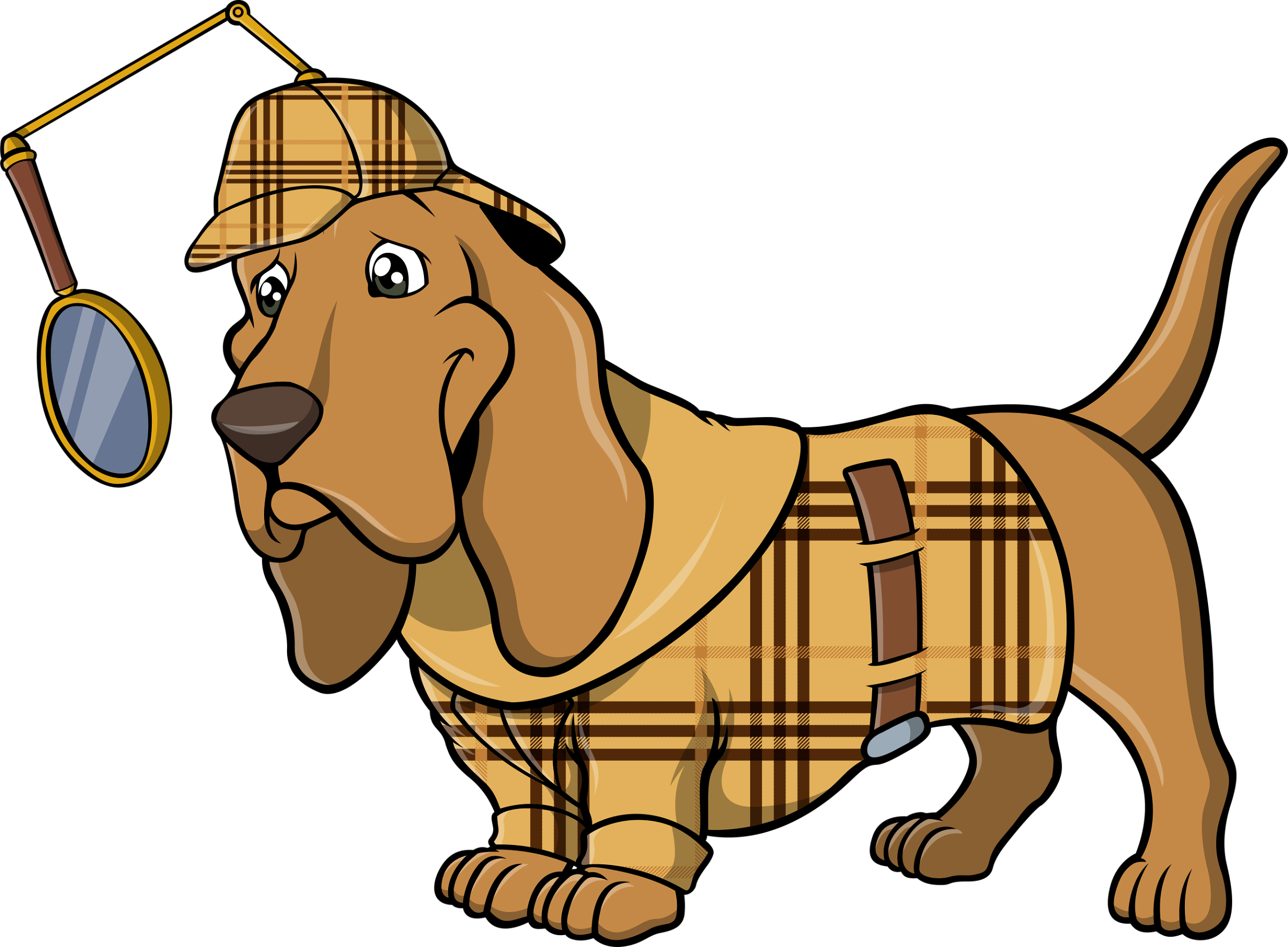
Newfoundland
Newfoundland Puppies Dog Breed Information
The Newfoundland breed immediately captures attention due to its impressive size. Additionally, their gentle and affectionate disposition is well-known. They’re sometimes called Newfies, Newfs or Newfies. These dogs come from Canada and were originally used by fishermen. They’re great swimmers because they have special features like webbed feet and thick, waterproof fur. They used to help fishermen by pulling nets and carts, and even saving people in water. Although they’re not used as much for these jobs now, they still help with water rescues. The American Kennel Club recognized them as a special breed way back in 1886.
Newfoundlands are really loving dogs, known for being big softies and great with kids. If they’re taught to be friendly from a young age, they’ll be protective but still nice to strangers. They’re like gentle guards, making them perfect for families with children. Whether they’re on a farm, by the water, or just hanging out with the family Newfoundlands feel right at home.
Because they’re big these dogs can live in different places, like apartments if they get enough attention and space to move. But they’re better suited to bigger homes where they can wander freely.
They’re okay in different weather but they like it more when it’s not too hot. They really like winter and playing in the snow.
Even though they handle cold weather well they don’t like extreme temperatures and get too hot easily because of their thick fur. They’re very close to their families and don’t like being away from them for too long because they’re protective.
Newfoundlands may face health issues like hip and elbow problems, heart disease, and urinary stones. Responsible breeding practices help reduce these risks and keep puppies healthy.
Good breeders check their dogs’ health to prevent passing on problems. When getting a Newfoundland puppy, ask about the parents’ health and if they had tests. Recommended tests include checking hips, elbows, heart, and doing a DNA test for urinary issues.
Because Newfoundlands are large, they may have joint problems and are more prone to bloat which can be dangerous. Learning how to prevent bloat and recognizing its signs are important for prompt veterinary care.
Despite their immense size Newfoundlands are highly trainable. They possess high intelligence and a strong desire to please their owners making them suitable for individuals of all experience levels. Due to their sensitive nature and close bond with their owners it’s essential to maintain consistent, calm, and positive training methods focused on rewards and praise.
The Newfoundland has a thick coat with two layers: a soft, water-resistant undercoat and a coarse full outer coat. They shed regularly especially during seasonal changes so brushing once a week is usually enough. But during heavy shedding times like when the seasons change daily brushing with a special brush can help. This not only keeps the dog comfortable but also helps manage loose fur.
In addition to brushing, it’s important to take care of their nails, ears, and teeth. Trimming their nails once or twice a month prevents discomfort. Since their ears can trap dirt and moisture leading to ear infections it’s essential to check and clean them weekly. And for good oral health brushing their teeth daily and giving them dental chews helps prevent dental problems.
Starting grooming routines early helps Newfoundlands get used to being handled making grooming easier for both the dog and owner. It’s a good way to bond with your pet and keep them healthy and happy.
While Newfoundlands are often considered lazy, they actually have a moderate energy level. They enjoy lounging but still need daily walks and playtime. It’s crucial to avoid high-impact activities until they’re around two years old as their bones and joints are still developing. Once they’re cleared by a vet they can enjoy swimming, hiking and various dog sports like carting and obedience. They’re versatile dogs and will likely enjoy a variety of activities.
An adult Newfoundland typically reaches a height of 26 to 28 inches and weighs between 100 to 150 pounds.
On average, Newfoundlands typically have a lifespan of around 9 to 10 years.

